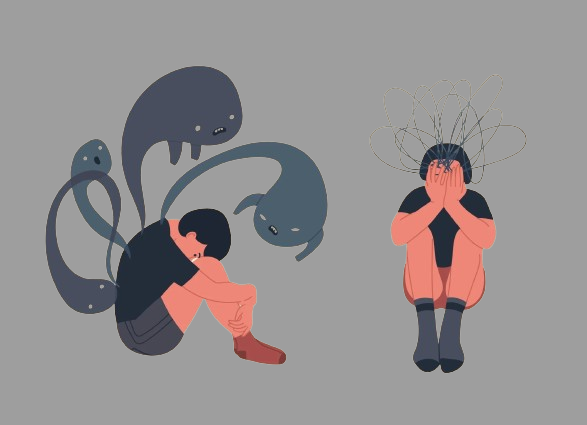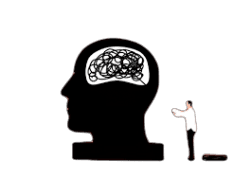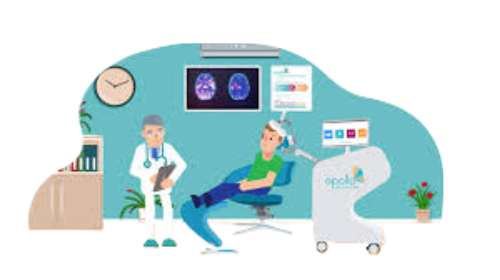The term “high-functioning depression” is deceptive and does not exist, according to a number of mental health professionals. It is not classified as a clinical disorder in the Diagnostic and Statistical Manual of Mental Disorders, Fifth Edition (DSM-5).
Depending on one’s definition and treatment philosophy, the word could be deceptive. High-functioning depression is often seen by the general public as depressive episodes that lack specific diagnostic indicators.
People may view this type of depression as high-functioning since it may not be as incapacitating as other types and enable the sufferer to lead a comparatively “normal” life, preserving relationships and managing at work. When you appear fine on the outside, yet you are having symptoms of a depressive disease, you may be experiencing high-functioning depression, as described by a lay phrase.
Symptoms of high functioning depression
Emotional and bodily signs of depression can include the following:
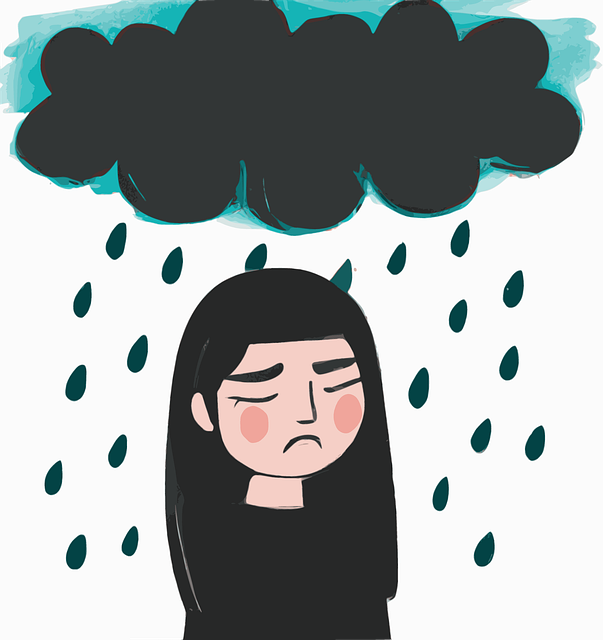
- being depressed or empty-headed all the time
- feeling depressed or hopeless
- Feeling unworthy or guilty
- Being agitated or nervous
- Being disinterested in everything,
- withdrawing from people,
- experiencing weariness and fatigue
- Speaking or walking slowly
- Not being able to concentrate, recall things, or make decisions
- Having problems and changes in sleep
- observing alterations in weight and hunger
- Contemplating suicide, self-harm, or death
- enduring physical symptoms that don’t go away despite treatment, such as headaches, cramps, aches, and pains, and digestive problems
Causes of high functioning depression
Depression is typically brought on by a confluence of various circumstances, including:
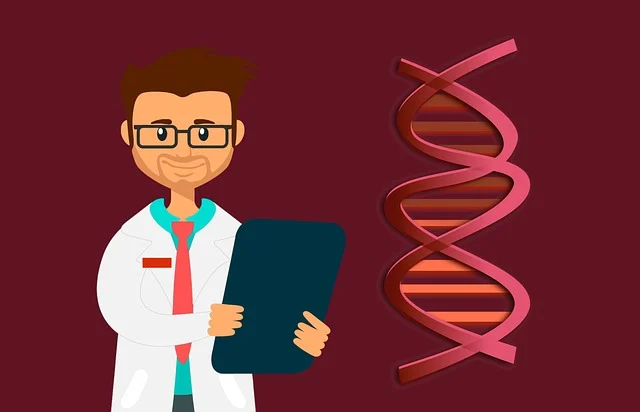
- Brain chemistry: Depression may result from imbalances in specific neurotransmitters, or brain chemicals, which control mood among other things.
- Genetics: Depression can run in families and frequently has a genetic component, so having a depressed relative can increase your risk of developing depression yourself.
- Events in life: Stressful or upsetting life events, such the breakdown of a relationship, losing one’s work, or losing a loved one, might spark off a depressive episode.
- Trauma: Mental health disorders including depression, anxiety, and post-traumatic stress disorder can arise as a result of experiencing trauma or stressful situations.
- Medical conditions: You may be more susceptible to developing depression at the same time if you have a medical condition such diabetes, cancer, heart disease, Parkinson’s disease, or chronic pain. Depression can exacerbate other medical disorders, so it’s critical to report its symptoms to your doctor and get treatment.
- Medication: Depression is a possible adverse effect of some drugs.
- Substances: Depression can also be brought on by or made worse by alcohol and recreational substances.
- Personality: You may be more likely to experience depression if you have certain personality features.
Living with High-Functioning Depression: A Firsthand Account
The clinical definition of high-functioning depression is outlined in the diagnostic criteria for PDD, however this does not often reflect how the illness actually feels. It could be more beneficial to think about how this mental disorder feels like:
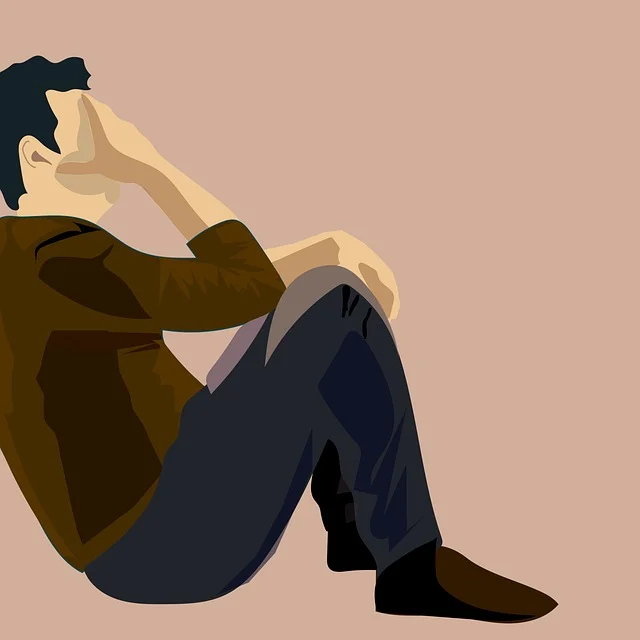
- Most of the time, you’re feeling a little gloomy. This could be noticed by others, who might then label you as depressing, pessimistic, or gloomy.
- You practically constantly have a bad mood, and it seems like there will never be any improvement. Even when you are pleased, it is fleeting.
- Regardless of how much or how little sleep you receive, you might always feel exhausted.
- You simply lack the energy to go above and beyond what is required to perform at a regular level, despite the fact that it may appear like you are being lazy.
- You have a negative self-image and believe that you are undeserving of happiness or other people’s approval.
- Even though you follow all the rules and go to school or clean the house, it always seems like a lot of work.
- You either overeat without thinking about it or have no appetite, so you gain or lose weight without intending to.
- Also You can frequently feel despondent or cry a lot for no apparent reason.
- You perform adequately at work or school, but it’s challenging and hard to stay focused on assignments.
- When you would prefer to isolate yourself, you have to push yourself to participate in social activities.
- PDD can lead to seemingly unrelated consequences such as substance misuse, persistent discomfort, trouble in relationships, and issues at work or school.
Treating ‘High-Functioning’ Depressive Disorder
Even though a depressed individual may be considered “high functioning,” this does not negate the need for treatment. Depression treatments include of the following:
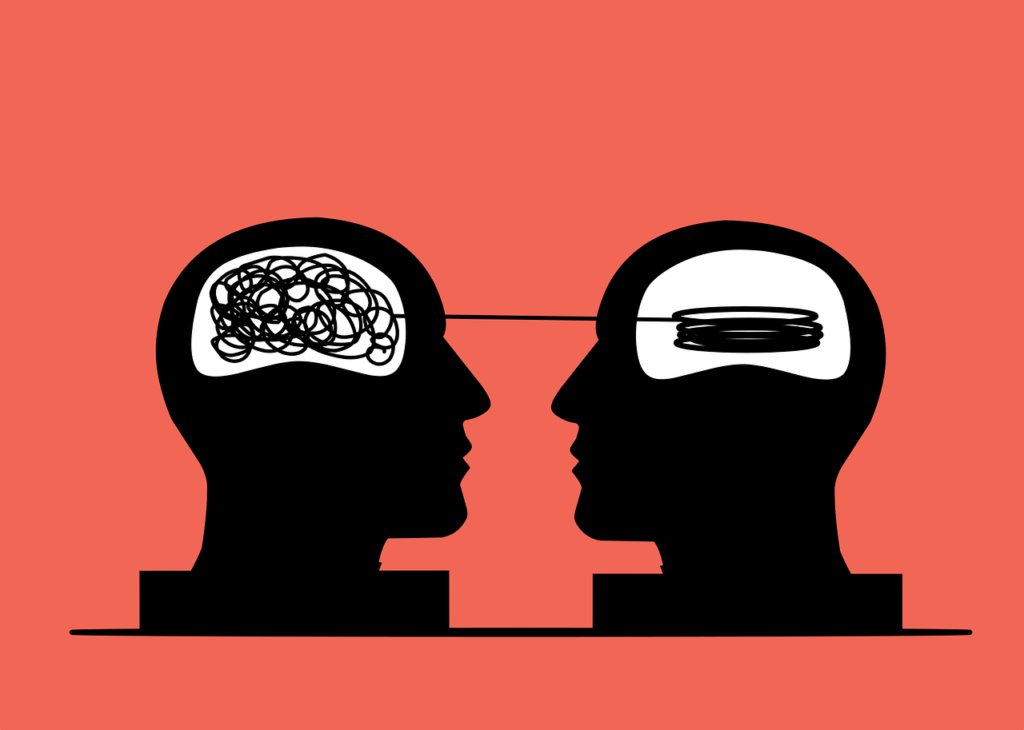
Therapy:
Dialectical behavior therapy (DBT), cognitive behavioral therapy (CBT), and mindfulness exercises might help you address not just the sadness itself but also the guilt or dread associated with having depression. You can resist the need to keep your depression a secret from everyone with the support of therapy. A therapist would collaborate with you while taking into account your family, culture, place of employment, and any other elements that may be pressuring you to conceal your sadness.
Medication:
If the depression is moderate to severe, an antidepressant prescription is probably in order. These drugs function by restoring the proper ratio of neurotransmitters in the brain. It could take some time to locate the antidepressant that is most effective for you because there are numerous varieties available.
Support groups:
If you feel uncomfortable talking to others in your life about your depression, support groups might be a great place to chat about it with individuals who have gone through similar experiences.
Why Is It So Difficult to Identify High-Functioning Depression?
Stalwart perceptions of depression link “real” depression to functional difficulties. You’re depressed all the time, you can’t seem to get out of bed, and you lack the motivation to perform effectively at work.
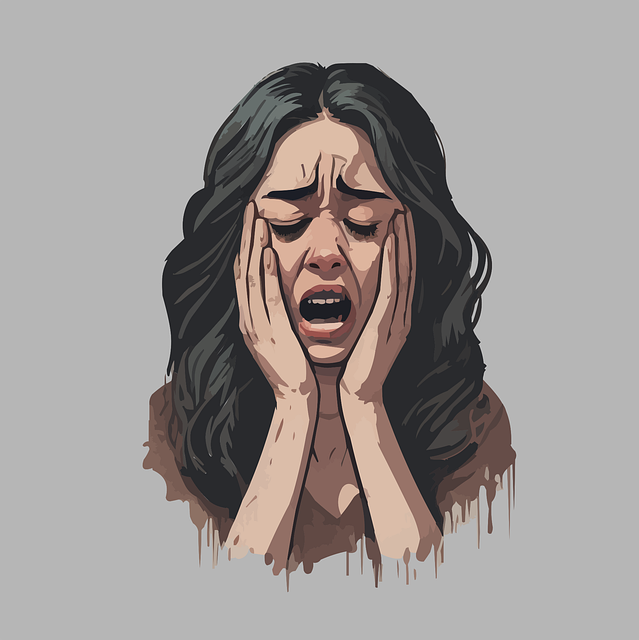
The stereotypes of “high-functioning depression” are untrue. As a result, it can be challenging for loved ones and even the person suffering from the condition to recognize the internalized feelings of anxiety, self-doubt, and inadequacy as indicators of depression, according to Joanne Frederick, a national certified counselor with headquarters in Washington, DC, and author of Copeology.
Furthermore, according to Mirela Loftus, MD, PhD, a psychiatrist and the medical director of Newport Academy, an evidence-based treatment facility for adolescents and families dealing with mental health issues in Connecticut, the term “high functioning” implies (misleadingly) that since a person is able to function, there is no obvious need for intervention.
When Someone Is “High-Functioning,” Are You Enough Ill to Require Assistance?
Individuals who have high-functioning depression could believe they are not depressed enough to want assistance, so they choose not to ask for it. Frederick asserts that nothing could be further from the reality, as depression still lowers quality of life even in “high-functioning” cases.
Frederick notes that it’s critical to keep in mind that “high functioning” does not equate to full functioning. Even if most days they are able to complete most chores, people with dysthymia nonetheless feel some degree of disability.
Dr. Patel-Dunn continues, “Just because your depression doesn’t fit the stereotypes or extreme cases doesn’t mean you can’t get professional help or benefit from it.”
And early intervention is crucial, just like in the case of physical disorders. Any depression symptoms, if left untreated, can impair functioning, result in major depressive disorder (MDD), or have additional consequences such substance abuse, persistent pain, and suicidal thoughts or actions.

